Bringing climate science home
with STEM Seminars from EarthGen
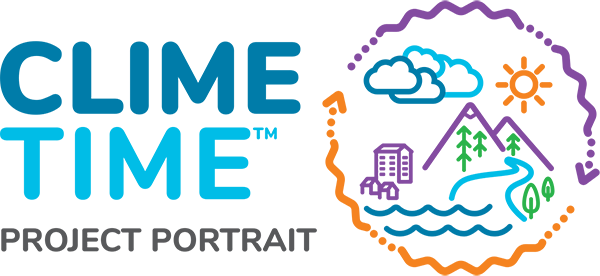
Overview
EarthGen (Formerly Washington Green Schools) STEM Seminars provide hands-on, place-based professional development that equips teachers to engage their students in climate science learning. By sharing current data, information on local impacts, and connections to local issues in their communities, the seminars make sense of complex climate change impacts utilizing the Science and Engineering Practices (SEPs) from the Next Generation Science Standards (NGSS). With help from University of Washington climate scientists, teachers explore local climate-change related phenomena through a variety of NGSSdriven activities and strengthen their understanding of climate change, its local impacts, and science-based solutions. By investigating how climate change intersects with issues of equity and justice, teachers also learn how to involve their students in action to address these critical issues.
What We Did
STEM Seminars build teachers’ climate science knowledge and prepare them to bring climate impacts and solutions into their classrooms. Participating teachers represent all nine Educational Service Districts in Washington, with priority given to those who support historically underserved students from both rural and urban areas. Prior to the COVID-19 outbreak, STEM Seminars were organized as one-day learning opportunities in specific regions of the state. In 2019-2020, a total of ten sessions were offered across a range of topics, such as wildfires, human health, and floods and droughts.
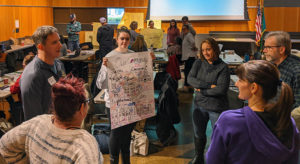 When schools closed because of COVID-19 in the spring of 2020, EarthGen transitioned the STEM Seminar model to an online format, including both synchronous and asynchronous components. Two new virtual Bioregional STEM Seminars (one for Eastern Washington on energy and one for the Puget Sound on climate impacts) were introduced. EarthGen led an “Energy Matters” session during the ClimeTime Virtual Conferences in the spring of 2020 which supported hundreds of educators across the state.
When schools closed because of COVID-19 in the spring of 2020, EarthGen transitioned the STEM Seminar model to an online format, including both synchronous and asynchronous components. Two new virtual Bioregional STEM Seminars (one for Eastern Washington on energy and one for the Puget Sound on climate impacts) were introduced. EarthGen led an “Energy Matters” session during the ClimeTime Virtual Conferences in the spring of 2020 which supported hundreds of educators across the state.
EarthGen utilizes the pedagogical approach of Ambitious Science Teaching in STEM Seminars and integrates science and engineering practices to help teachers learn how to bring new content into the classroom. Each STEM Seminar is anchored to a local climate change impact, such as the recent wildfires in the Columbia River Gorge, to illustrate how to use local phenomena in lesson design. Grounding science lessons in the local impacts of climate change makes the content more accessible and relevant for both teachers and students. It also enables them to make connections to other subjects, such as math, English language arts, and social studies. Many STEM Seminar alumni have returned for learning experiences on additional topics.
What We Learned
Teachers indicate that the STEM seminars prepare them to integrate climate science and NGSS instruction into their classrooms:
I learned that climate science is looking at how the climate has changed over time. Climate science investigate[s] not only globally, but also locally. It does this through observation and investigation. I learned that when looking at data they are looking at patterns and trends to help predict what will happen on Earth if changes are not made. When I think of climate science, I think of it as Earth’s doctor. Without scientists trying to find solutions, the earth will continue to get sicker and sicker.
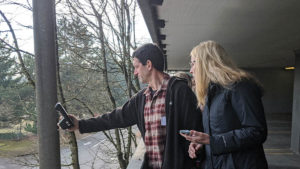 Collaborating with UW climate scientists and local experts enhances the success of the STEM Seminars. Experts from local agencies, such as fire managers in the Blue Mountains and stormwater engineers in Cowlitz County, bring in their perspectives and expertise about the phenomena under investigation. Teachers learn climate science while engaging in pedagogical practices, such as modeling, which they can leverage in their own classrooms. In a concluding exercise, teachers reflect on how to implement the strategies learned at the seminar with their own students.
Collaborating with UW climate scientists and local experts enhances the success of the STEM Seminars. Experts from local agencies, such as fire managers in the Blue Mountains and stormwater engineers in Cowlitz County, bring in their perspectives and expertise about the phenomena under investigation. Teachers learn climate science while engaging in pedagogical practices, such as modeling, which they can leverage in their own classrooms. In a concluding exercise, teachers reflect on how to implement the strategies learned at the seminar with their own students.
Modeling strategies for science communication and pedagogy has been essential to the effectiveness of STEM Seminars. Focusing on specific driving questions or relevant local phenomenon engages educators, helps to clarify their prior knowledge of climate science and its local impacts, and fosters deep learning for teachers and students.
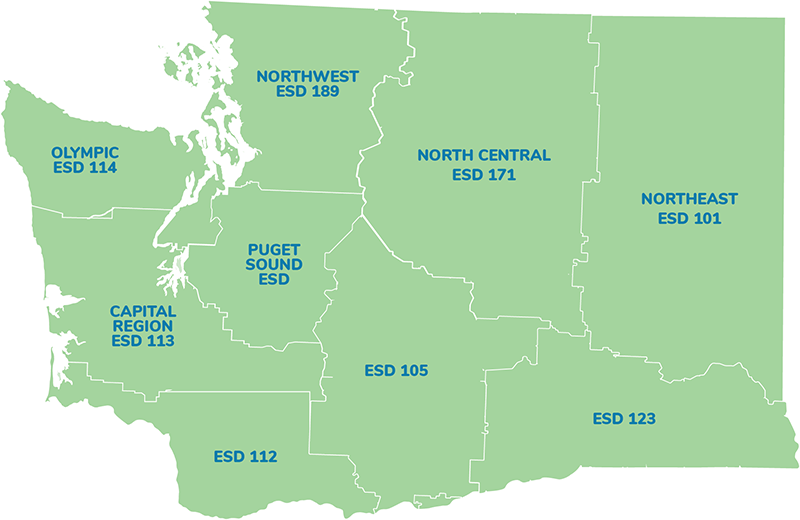
Project Reach
Teachers
Students
Project Partners
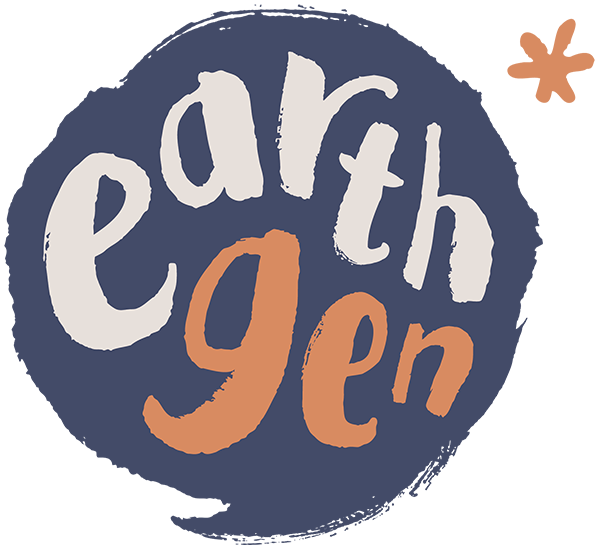

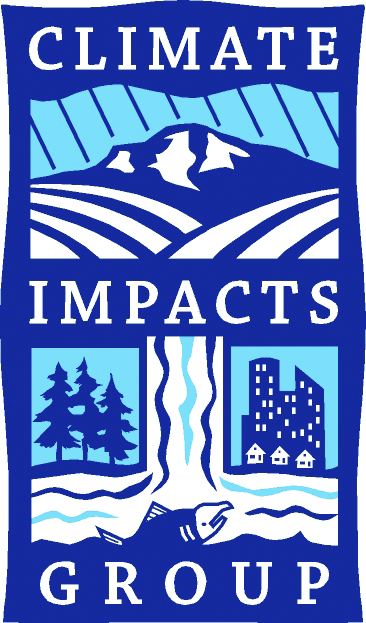
Feedback
The instructors modeled a well organized, well run, thoughtful, interactive class via Zoom. I learned that I can in fact hold these kinds of classes, and it is even possible to have an interactive science class via Zoom!
The resources provided as evidence combined with the example of lesson delivery increased my ability to provide relevant climate science lessons to my students.
Contact
For more information contact:
Meredith Lohr, Executive Director, EarthGen
meredith@earthgenwa.org
Nayiri Haroutunian, Program Manager, EarthGen
nayiri@earthgenwa.org
